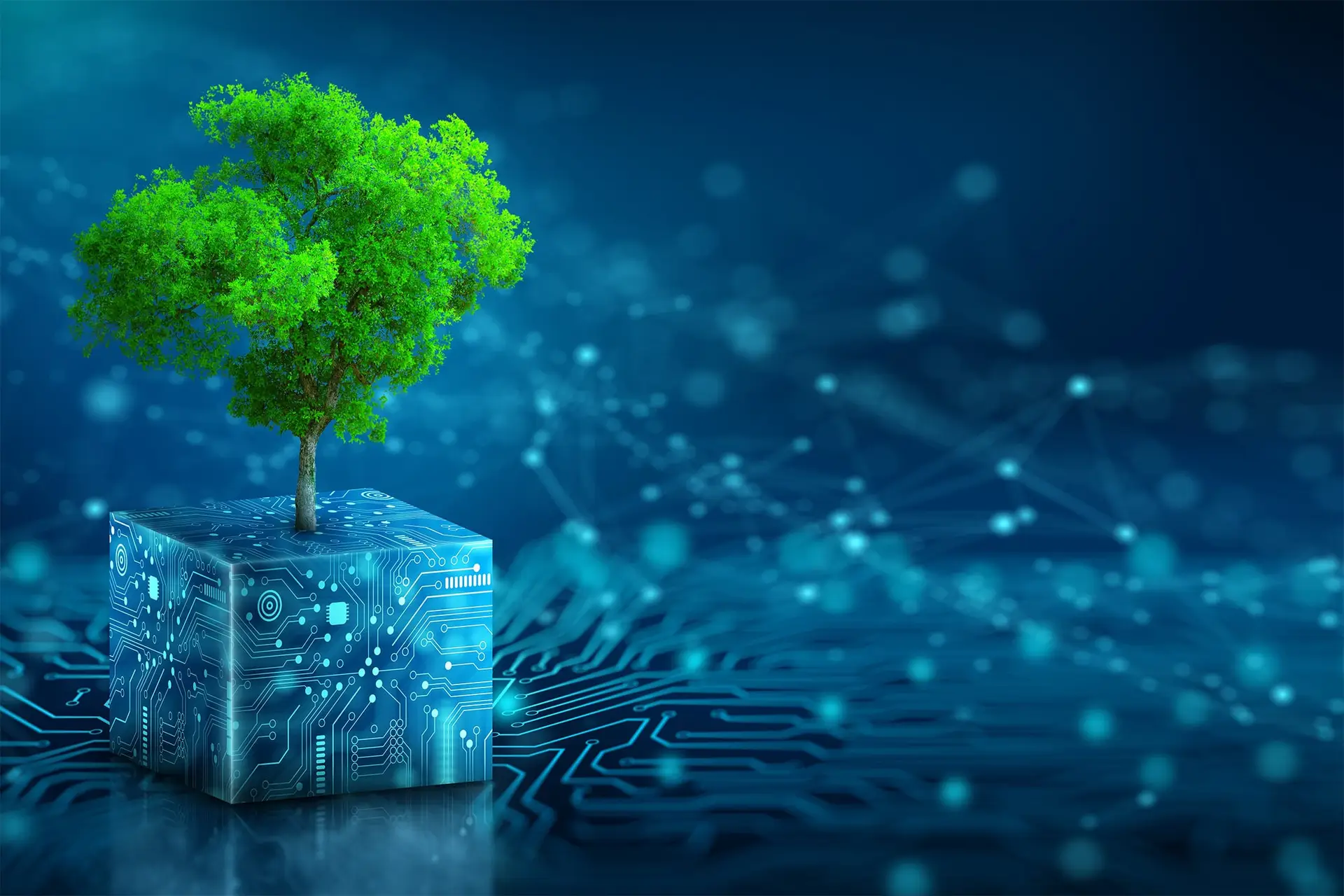The outbreak of the coronavirus has changed our daily lives dramatically. To contain the worldwide spread of the virus, we stayed at home, reduced our private and business travels, and worked remotely, while staying connected with the help of technology. Living much more locally, but with greater global awareness – this is the concept of Glocalization, “the simultaneous occurrence of both universalizing and particularizing tendencies in contemporary social, political, and economic systems.” (Encyclopædia Britannica)
In their highly recommendable article “‘Glocalization’ in a post-COVID-19 world”, Rupert (@Rupert J. Baumgartner) and his team at the Institute of Systems Sciences, Innovation and Sustainability Research at the University of Graz, recently identified “glocalization of supply chains as an opportunity for a better future that arises out of the COVID-19 crisis.” Optimized resource allocation together with increased responsiveness to local needs and demands can, indeed, give us the opportunity to make our economy more resilient without losing the benefits of our globalized world. The authors also point out that the enablement of such local responsiveness on a global scale “requires the capability to act upon a vast amount of real-time exchange of data,” which in turn “demands the deployment of sophisticated technologies such as Artificial Intelligence, Internet of Things, robotics, and 3D printing”. Personally, I’m absolutely d’accord with this and am convinced that glocalization in combination with advanced technologies and digital data can indeed help us to make our economy come back stronger from COVID-19 and to become a more sustainable world.
Globalization – risks of supply chain hubs
The COVID-19 crisis has shown us the risks of our connected economy, in particular, of globalized supply chains. “We have optimised these value chains purely on KPIs like profit but sometimes at the expense of long term KPIs such as sustainability and security,” columnist Mark Ritzmann states in his article “COVID-19 – an opportunity to explore the benefits of glocalisation”. The continuous optimization of our economic efficiency resulted in a very few global supply chain hubs. “Relying only on such a few global supply chain hubs creates significant bottlenecks in the event of a global supply chain shock, like the ongoing COVID-19 crisis, and risks substantial disruptions to the global value chain network with potentially catastrophic consequences for the world economy,“ Baumgartner et al. emphasize. The lack of crucial medical equipment in the first months of the coronavirus pandemic showed us how fragile our supply chains are. “Clearly, a change is needed to more resilient supply networks, including local production and more diverse sources,“ claims Ethan Goffman in his inspiring article “In the wake of COVID-19, is glocalization our sustainability future?”.
Glocalization – efficient resource allocation
According to Prof. Dr. Rupert Baumgartner and his team, glocalization “provides an opportunity for balancing the trade-off between economic efficiency and resilience in the global supply chains.” To become a glocalized economy, I believe, we need to shift from our current fragile just-in-time to a just-in-case mindset to ensure a longer-term resilience, based on supply chains which, in the words of Baumgartner et al., “are operational at a global level but are more responsive to the needs and demands of the locality in which they operate”. To respond faster to changes in the local conditions, production needs to become more shockproof: “Glocalization leads to a more distributed production network providing redundancies and less dependency on the globally dominant supply chain hubs,” Baumgartner et al. explain. The resulting flexibility enables us to better allocate resources and increases the efficiency and resilience of our value chains. This is what constitutes a sustainable economy.
The role of digitalization and technology
The idea of Glocalization first appeared in the late 1980s, but it’s today’s digitalization and advanced technologies which can make this economical hybrid reality and strengthen our disrupted value chains to recover from the COVID-19 crisis. I am convinced that technology and digital data will play an important role in the transition to a fully glocalized world. As co-founder and CEO of iPoint, it is my vision of building an integrated digital platform for the Circular Economy with the overall goal to support companies to achieve sustainable and resilient supply chains and products. Having more data and knowledge of the total product livecycle will also enable faster inovations, new materials, new businessmodels and much more in the future. For this purpose, iPoint has created SustainHub, a single point of entry to make communication and data collection in supply chains and value chain networks as easy and efficient as possible. An efficient resource allocation can have a lot of influence on the relative CO2 emissions of the products we consume. That’s why our innovation hub CircularTree (Member of iPoint Group) developed the blockchain-based project CarbonBlock, which provides the actual carbon footprint of parts and materials in the supply chain. It is needless to say that a lower carbon footprint will become a major competitive advantage in a glocalized world.
Global cooperation and partnerships
But the way towards glocalization is not something that can be achieved alone. In order to develop our industry-leading solutions, iPoint works hand in hand with clients, partners, industry associations, and international research institutes – such as the Institute of Systems Sciences, Innovation and Sustainability Research at the University of Graz and the Christian Doppler Laboratory for Sustainable Product Management enabling a Circular Economy, which is also headed by Prof. Dr. Rupert Baumgartner. In his article, he and his team also highlight the important role of global cooperation and partnerships: “Glocalization can only be successful if considered as a multi-stakeholder process, and thus implies different responsibilities and contributions from various stakeholders.“
Tens of thousands of companies around the globe rely on iPoint’s solutions for managing, tracking, analyzing, and reporting data across the whole value creation network. I cordially invite you to join our ever-growing ecosystem to work together throughout the supply chain, increase resilience, create shared value, and use cutting-edge technologies to secure a circular, sustainable world for future generations



